Home / health-care / How Liquid Biopsies, AI, and Multi-Cancer Screening are Revolutionizing Cancer Diagnosis in India
How Liquid Biopsies, AI, and Multi-Cancer Screening are Revolutionizing Cancer Diagnosis in India
By: My India Times
2 minutes read 52Updated At: 2024-11-26

India is witnessing a groundbreaking transformation in cancer diagnostics, thanks to cutting-edge innovations like liquid biopsies, multi-cancer early detection (MCED) tests, and AI-powered tools. These advancements are redefining the landscape of early cancer diagnosis, promising improved patient outcomes and offering hope for millions as the country grapples with its growing cancer burden.
Liquid Biopsies: A Non-Invasive Game-Changer
Traditional biopsies often require invasive procedures and may not capture the complete genetic profile of a tumor. Enter liquid biopsies—a non-invasive diagnostic method that analyzes circulating tumor DNA (ctDNA) in the blood. This innovation is particularly beneficial for patients where tissue biopsies are impractical or risky.
Leading Indian companies and research institutions are now developing highly sensitive and accurate liquid biopsy tests, providing clinicians with comprehensive insights into tumor biology without the need for invasive procedures. These tests enable continuous monitoring of cancer progression and treatment efficacy, making personalized cancer care a reality.
Multi-Cancer Early Detection (MCED): Screening Simplified
The advent of MCED tests is another leap forward in diagnostics. These tests use a single blood sample to screen for multiple types of cancer simultaneously, including those that lack standard screening protocols, such as pancreatic and ovarian cancers.
By employing machine learning algorithms, MCED tests identify unique DNA methylation patterns and mutations associated with various cancers. This technology not only enhances early detection but also reduces the likelihood of advanced-stage diagnoses, a key factor in improving survival rates.
AI-Powered Diagnostics: Precision at Unprecedented Speed
Artificial intelligence (AI) and machine learning are at the heart of the revolution in diagnostic accuracy and speed. AI algorithms process complex datasets to detect subtle genetic changes that conventional methods might overlook.
Indian healthcare providers are increasingly embracing AI-driven tools to enhance test sensitivity and minimize false positives and negatives. These tools also enable real-time data analysis, offering personalized and responsive diagnostic solutions tailored to each patient's unique condition.
Overcoming Challenges: The Path Forward
While these technologies are game-changing, scaling them across India remains a challenge due to issues related to cost, accessibility, and infrastructure gaps. Urban areas are seeing rapid adoption of liquid biopsies and MCED tests, but rural regions still face limited access to these life-saving advancements.
Efforts are underway to address these disparities:
- Local manufacturing and streamlined testing protocols aim to lower costs.
- Public-private partnerships are driving infrastructure development in underserved areas.
- Regulatory approvals and standardized guidelines are being developed to ensure consistent and reliable results.
The Vision for a Cancer-Free Future
Collaboration between the government, private sector, and healthcare providers is key to democratizing access to these next-generation diagnostic tools. With continued innovation, investments, and policy support, India can achieve a future where early cancer detection becomes the norm, significantly reducing mortality rates and empowering millions with timely and effective care.
As these technologies become more accessible, they promise to not only transform cancer care but also position India as a global leader in cutting-edge healthcare innovation.
....India is witnessing a groundbreaking transformation in cancer diagnostics, thanks to cutting-edge innovations like liquid biopsies, multi-cancer early detection (MCED) tests, and AI-powered tools. These advancements are redefining the landscape of early cancer diagnosis, promising improved patient outcomes and offering hope for millions as the country grapples with its growing cancer burden.
Liquid Biopsies: A Non-Invasive Game-Changer
Traditional biopsies often require invasive procedures and may not capture the complete genetic profile of a tumor. Enter liquid biopsies—a non-invasive diagnostic method that analyzes circulating tumor DNA (ctDNA) in the blood. This innovation is particularly beneficial for patients where tissue biopsies are impractical or risky.
Leading Indian companies and research institutions are now developing highly sensitive and accurate liquid biopsy tests, providing clinicians with comprehensive insights into tumor biology without the need for invasive procedures. These tests enable continuous monitoring of cancer progression and treatment efficacy, making personalized cancer care a reality.
Multi-Cancer Early Detection (MCED): Screening Simplified
The advent of MCED tests is another leap forward in diagnostics. These tests use a single blood sample to screen for multiple types of cancer simultaneously, including those that lack standard screening protocols, such as pancreatic and ovarian cancers.
By employing machine learning algorithms, MCED tests identify unique DNA methylation patterns and mutations associated with various cancers. This technology not only enhances early detection but also reduces the likelihood of advanced-stage diagnoses, a key factor in improving survival rates.
AI-Powered Diagnostics: Precision at Unprecedented Speed
Artificial intelligence (AI) and machine learning are at the heart of the revolution in diagnostic accuracy and speed. AI algorithms process complex datasets to detect subtle genetic changes that conventional methods might overlook.
Indian healthcare providers are increasingly embracing AI-driven tools to enhance test sensitivity and minimize false positives and negatives. These tools also enable real-time data analysis, offering personalized and responsive diagnostic solutions tailored to each patient's unique condition.
Overcoming Challenges: The Path Forward
While these technologies are game-changing, scaling them across India remains a challenge due to issues related to cost, accessibility, and infrastructure gaps. Urban areas are seeing rapid adoption of liquid biopsies and MCED tests, but rural regions still face limited access to these life-saving advancements.
Efforts are underway to address these disparities:
- Local manufacturing and streamlined testing protocols aim to lower costs.
- Public-private partnerships are driving infrastructure development in underserved areas.
- Regulatory approvals and standardized guidelines are being developed to ensure consistent and reliable results.
The Vision for a Cancer-Free Future
Collaboration between the government, private sector, and healthcare providers is key to democratizing access to these next-generation diagnostic tools. With continued innovation, investments, and policy support, India can achieve a future where early cancer detection becomes the norm, significantly reducing mortality rates and empowering millions with timely and effective care.
As these technologies become more accessible, they promise to not only transform cancer care but also position India as a global leader in cutting-edge healthcare innovation.
By: My India Times
Updated At: 2024-11-26
Tags: health-care News | My India Times News | Trending News | Travel News
Join our WhatsApp Channel




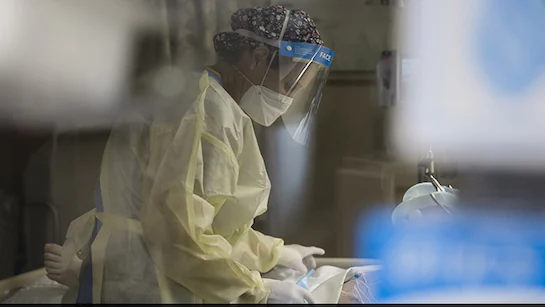
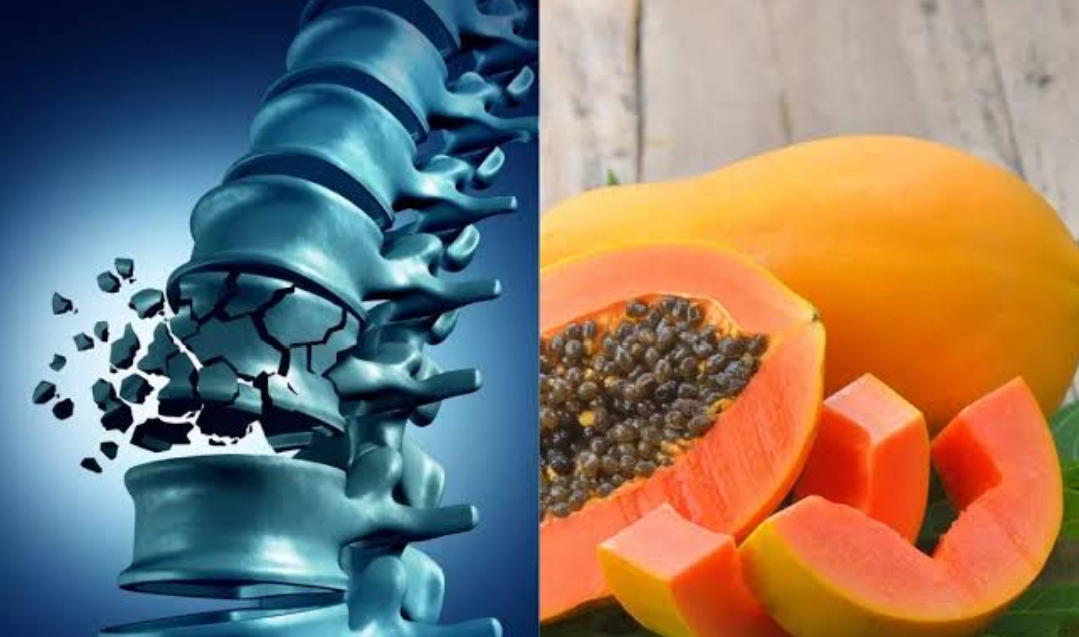

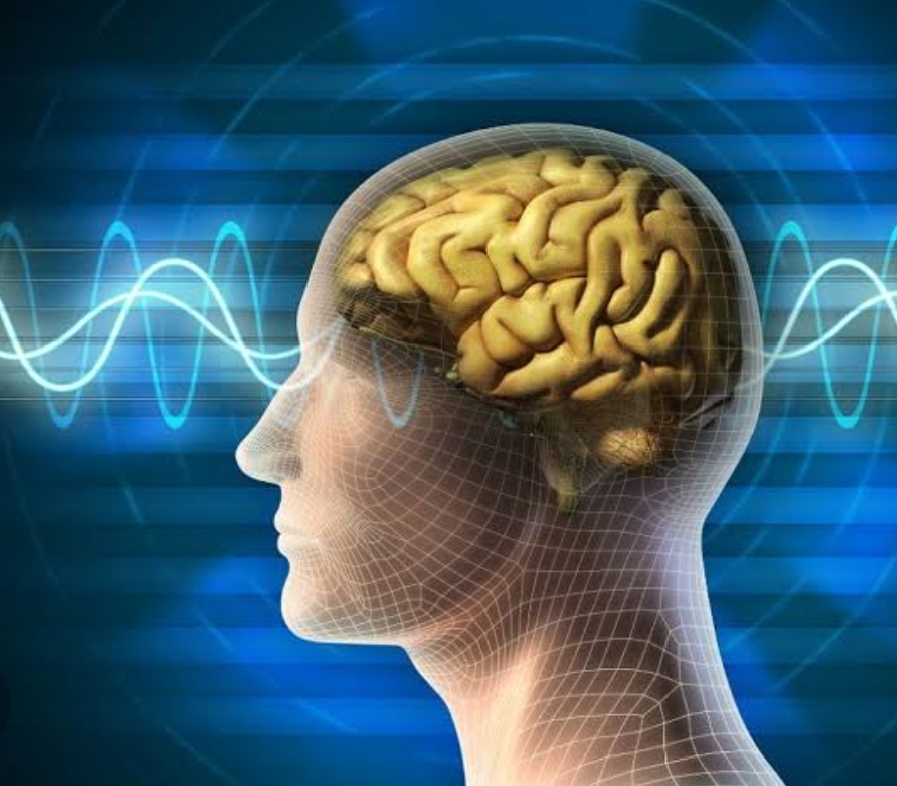




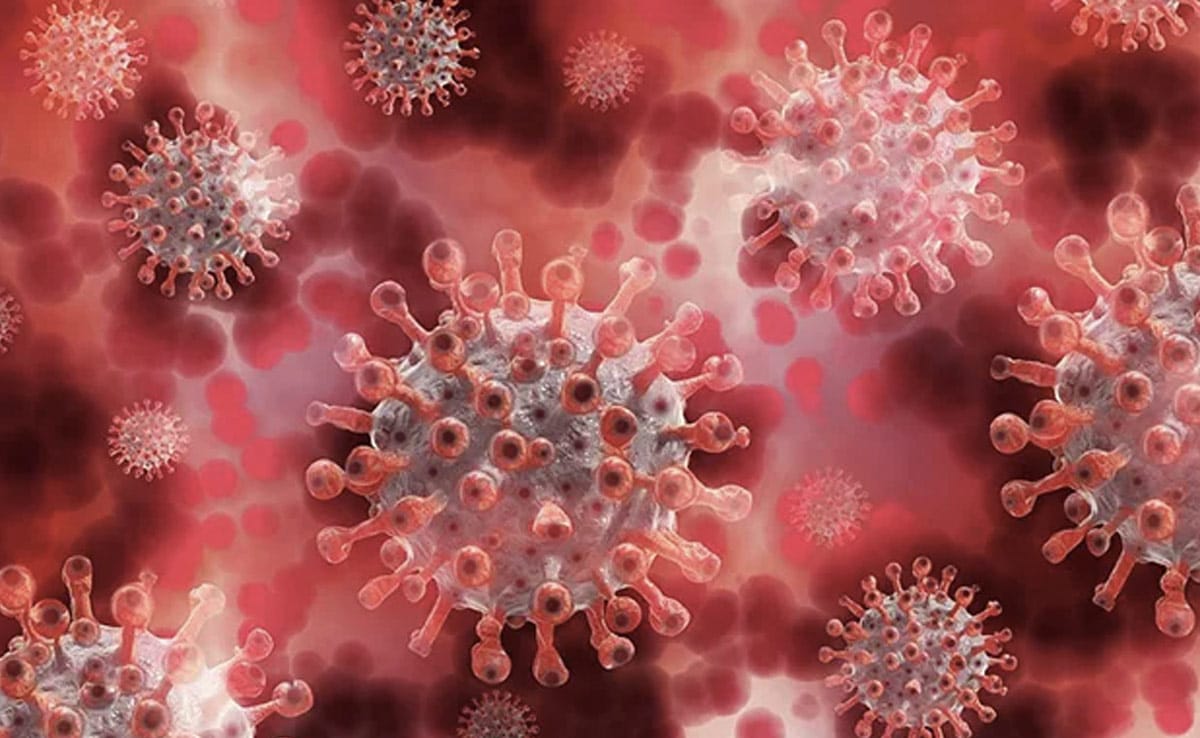


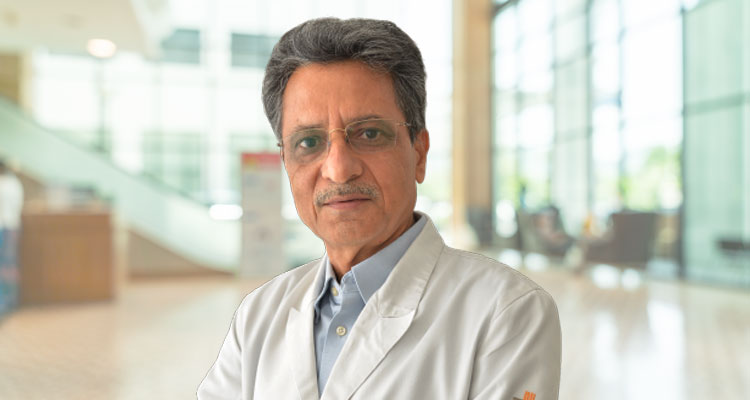
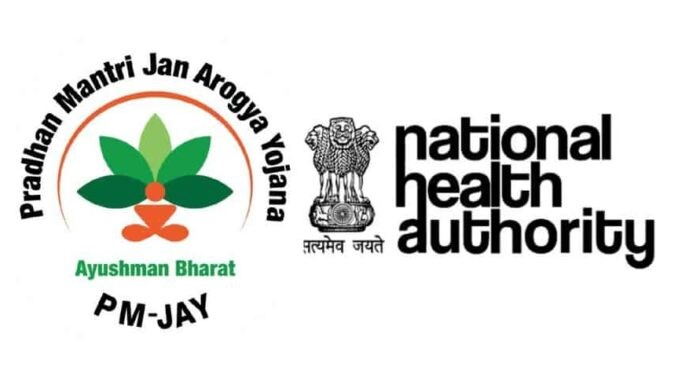


.jfif)
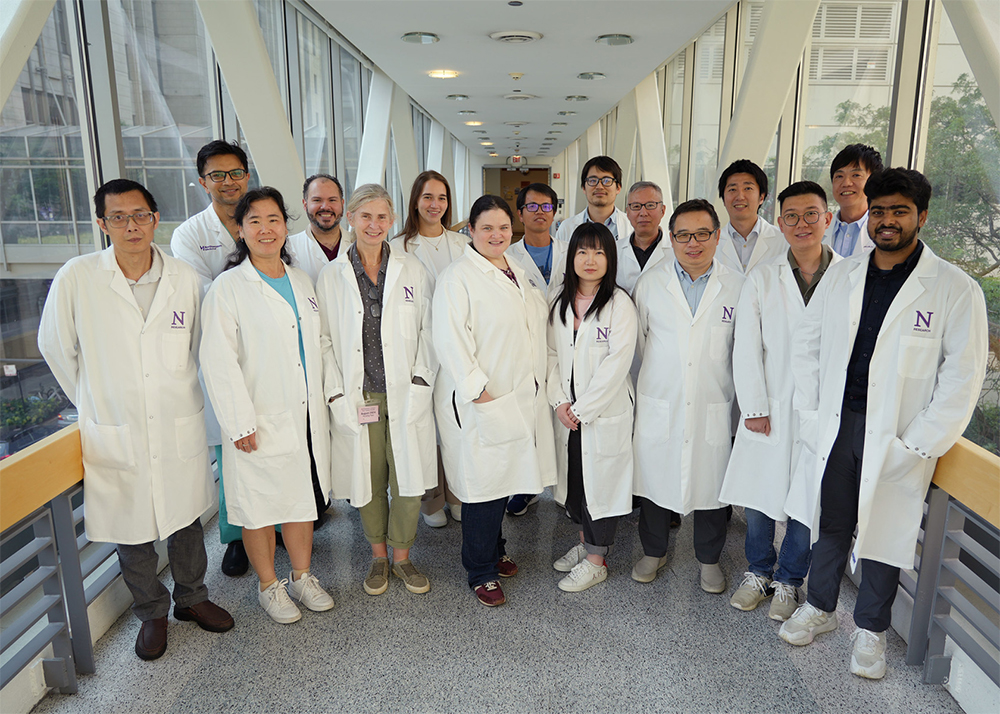

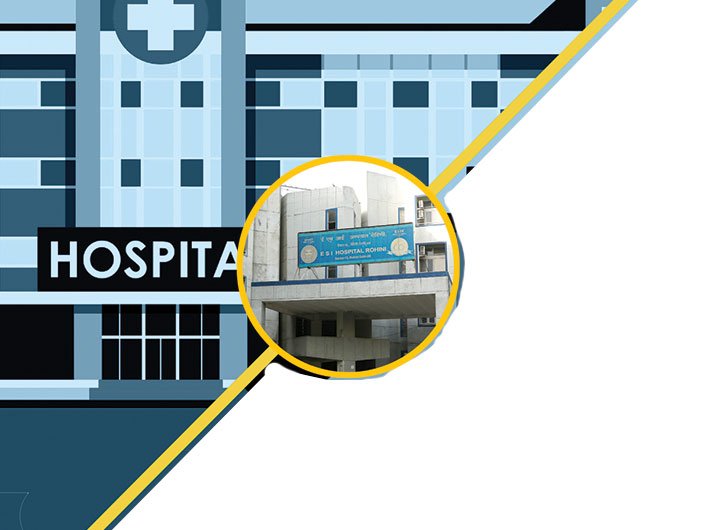

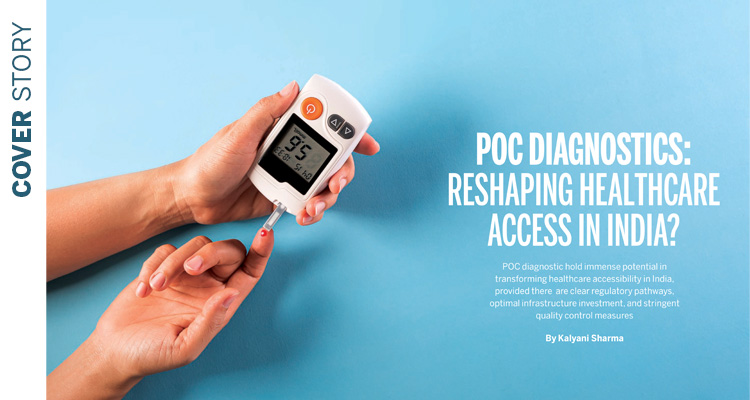
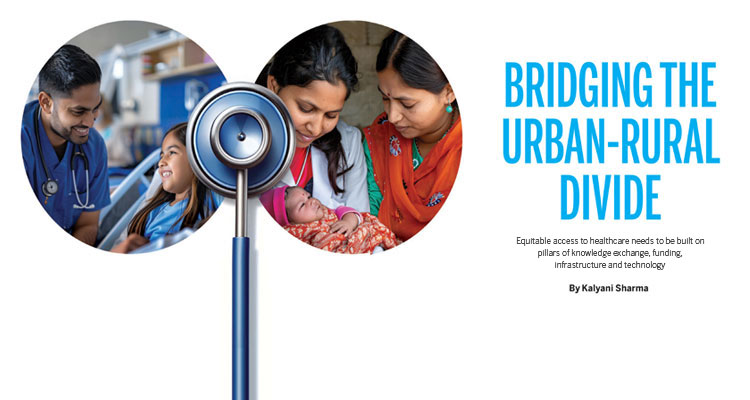



























































































.png)
 (1).png)























